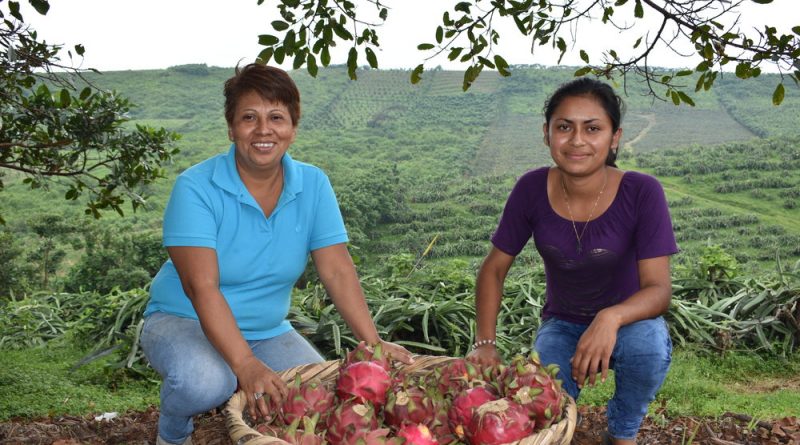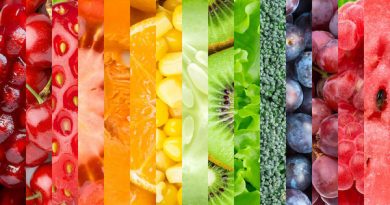Fall in love with cool-weather gardening for a healthy, hefty homegrown harvest
Shorter days and cooler temperatures mean gardeners everywhere can flex their green thumb that much longer to squeeze every last moment out of the growing season.Cooler temperatures make it a delight to spend time outside in the garden. You’ll spend less time caring for crops because of the favorable cool weather growing conditions.
Plants will grow rapidly at first and gradually slow as the days become shorter and colder. Destructive insects won’t be as numerous, and weeds germinate less frequently and grow slower than they do during the warmer weather. Compared to hot and dry summers, fall usually brings an increase in precipitation, reducing another time-consuming chore -watering.Veteran or novice gardener, if you’re not ready to give up your garden, here’s how to get growing:Use transplants: For the timeliest results, buy quality transplants that are already started, so the germination process is complete. You’ll harvest six weeks sooner than growing from seed, with time to spare before the cold weather sets in.Bonnie Plants, the largest producer of vegetable and herb plants in the United States, and supplier of 300 varieties, offers a wide selection of plants, perfect for fall; availability of Bonnie’s fall varieties is limited to specific regions, so check your local garden retailers to find plants near you.Make friends with frost: Cole crops (German for cabbage, as in coleslaw), such as cauliflower, cabbage and kale grow well in cooler temperatures; and they taste even better when nipped by Jack Frost, since frost encourages cole crops to produce sugar, which in turn, makes them sweeter. Unlike cole crops, while tomatoes can still grow plentifully in fall, they are vulnerable to frost, so look for tips on how to cope with cold weather on Bonnie’s website.The experts at Bonnie Plants offer some fall gardening tips to make the most of the time you have left before winter:* Location, location, location: Plan your fall garden with enough sunlight (six to eight hours per day) to grow and thrive, while allowing for some afternoon shade. Spend time noting the sunniest spots and plant accordingly.* Prep the perfect soil. Just like humans, plants need their own brand of nutrition to thrive. Working in some compost can be beneficial, as well as removing spent plants, and weeds. Freshen garden soil by removing any mulch, then replace it. Straw makes an excellent cover; it’s easily scattered and is also a favorite home for spiders that control pests naturally.* Consider containers. Container gardening is a quick, easy and cost-effective way to grow your own food at home, plus it’s great for small spaces or urban dwellers who may not have greenspace.Pick your plants. From showy lettuces to hearty cole crops, fall provides a cornucopia of choices.
Some good, cool weather choices are:* Georgia collards: These greens are prized for their sweet, cabbage-like flavor and are rich in vitamins and minerals.* Spinach: A cool-weather favorite is fast-growing, yielding many leaves in a short time span.* Artwork Broccoli: This variety is unique; instead of producing one large broccoli head, it yields tender, dark green side shoots with bite-size heads and long, edible stems – perfect for stir fry and sautéing.* Bonnie hybrid cabbage: Cabbage is especially high in beta-carotene, vitamin C, K, and fiber.Water wisely. It’s best to water in the morning, at the base of the plant (soil level) keeping the foliage dry. Water when the top 2 inches of the soil becomes dry to the touch.
To test, stick your finger or a pencil about 2 inches down into the soil. If the soil is dry, 2 inches down, it’s time to water, if wet, wait until the soil is dry.Fertilize faithfully. Plants need an extra boost of nutrition for proper growth in the form of a high-quality fertilizer. Always follow manufacturer label directions for rates and intervals since too much fertilizer can be detrimental to plants.Prepare for harvesting. Once your plants start yielding results, have a plan in place for either eating fresh, or preserving. Who knows, this may be the perfect time to try your hand at canning or freezing to maximize freshness and time. Bonnie’s website has some fabulous recipes by variety, which can expand your culinary horizon!All it takes is proper prep and planning and soon your garden will yield a delicious garden-to-table feast before the first frost hits the ground. For more information on fall gardening and varieties, visit www.bonnieplants.com.










